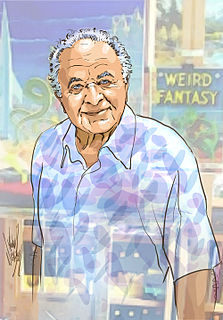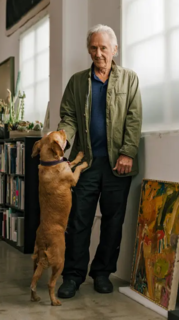A Quote by Virginia Postrel
Lofts were never supposed to be homes. They were vacant old factories and warehouses, taken over by artists looking for cheap space and good light.
Related Quotes
Comforts that were rare among our forefathers are now multiplied in factories and handed out wholesale; and indeed, nobody nowadays, so long as he is content to go without air, space, quiet, decency and good manners, need be without anything whatever that he wants; or at least a reasonably cheap imitation of it.
I grew up in the Great Depression, and the jazz artists and Dixieland musicians were at the core of our communications and enjoyment. They were not passing fancies. They are something that is, and will be, listened to again and again. I have a space of reverence for some of those old jazz stars such as Sydney Bechet and Louis Armstrong.
I have some advantages of viewing from the two lenses, the two perspectives. I think that a lot of visual artists who come back here from the United States and are Cambodian also write from their American references - looking inside the old culture, and looking at themselves as an American looking into the country where they were born.




































